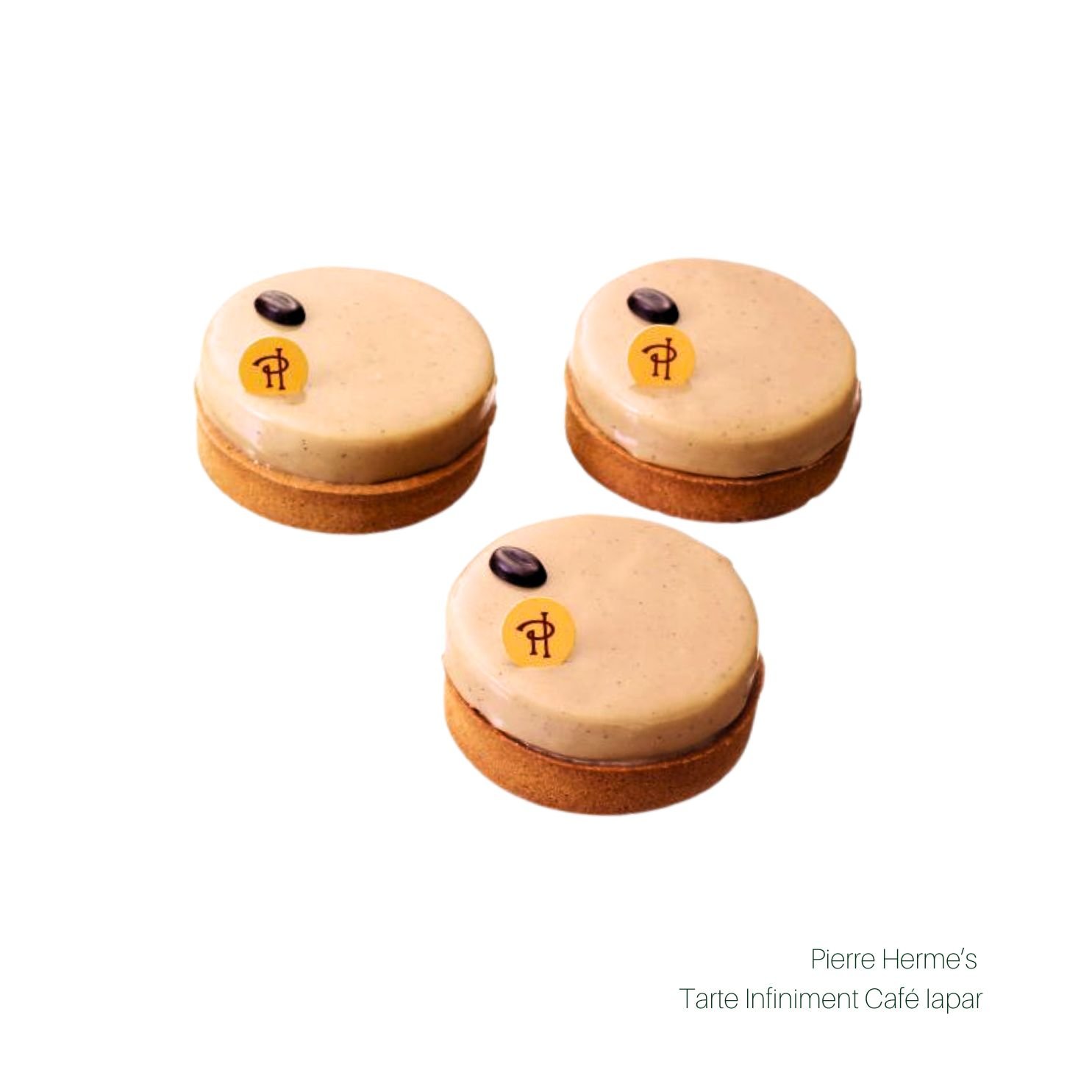What protects a chef’s years of work on a dish if it can be copied without consequence?
Culinary creations combine creativity, skill, and artistry, yet they often fall outside the scope of intellectual property protection. The laws designed to safeguard creative works do not always apply to the culinary arts, leaving chefs with limited options to protect their recipes and techniques.
This issue is not unique to the culinary world. Perfumes face similar legal challenges. Both rely on sensory appeal, blending components to create something new and memorable. So why are recipes and perfumes so difficult to protect under intellectual property laws? Why do such intricate and skillful creations remain exposed to imitation?
As with perfumes, culinary creations balance creativity with function, but their subjective and intangible nature often leaves them unprotected by traditional legal frameworks.
Can Copyright Safeguard Recipes and Dishes?
Copyright is the most well-known form of intellectual property protection, but it has clear limits. It applies to creative works that are original and fixed in a tangible medium. A cookbook or written recipe can qualify as a literary work because it documents the expression of an idea. However, the dish itself, the final product is considered functional and utilitarian.
A recipe provides instructions for creating something, but the result is not viewed as a protectable work. Laws classify recipes as methods or processes, which are excluded from copyright protection. Even when a chef combines unique flavours and techniques, the law treats the dish as practical rather than artistic.
Why does this happen? Much like perfumes, the result of a recipe, a flavour or taste is subjective and varies with preparation. Copyright law struggles to protect creations that are not fixed or repeatable in the same way every time.
How Do Trade Secrets Apply to Culinary Creations?
Many chefs turn to trade secrets to protect their recipes. A trade secret can safeguard confidential information that provides a competitive advantage, such as a special technique or a unique blend of ingredients.
But, trade secrets have limitations. Once a recipe is disclosed, whether in a cookbook, through an employee, or by reverse engineering, the protection is lost. Trade secrets work best for closely guarded formulas like Coca-Cola’s or KFC’s recipes but are less practical for chefs who share their creations with the public.
What About Trademarks or Design Protection?
Trademarks protect names, logos, and other brand elements. A chef can trademark the name of a signature dish or restaurant, but this does not prevent others from copying the recipe. Similarly, design protection can cover the visual presentation of a dish, such as its plating, but it does not extend to the ingredients or methods used to create it.
Trademarks and designs help chefs build brand recognition and protect their identity, but they leave the core of their work, recipes and techniques unprotected.
Why Are Culinary Creations and Perfumes Facing Similar IP Challenges?
The challenges chefs face mirror those encountered by perfumers. A perfume is created through a complex blend of ingredients, but the final scent is considered intangible and subjective. Like recipes, perfumes are often protected through trade secrets and trademarks rather than copyright.
Perfume bottles and brand names may be trademarked, but the scent itself is difficult to define legally. This reflects the difficulty of protecting a recipe’s flavour or taste, which depends on individual perception and execution.
Is There a Way Forward?
The culinary world raises questions about how intellectual property law can evolve to protect sensory-driven creations. Should there be a new category of protection for recipes, similar to patents but tailored to the culinary arts? Could a system be designed to recognise the creative and economic value of dishes without forcing chefs to sacrifice confidentiality?
These questions remain unanswered, but the conversation is growing. As chefs continue to innovate, the legal world may need to catch up. For now, the art of cooking, like perfumery, exists in a space where creativity thrives but legal protection lags behind. Why should something so innovative and valuable remain so difficult to protect?
